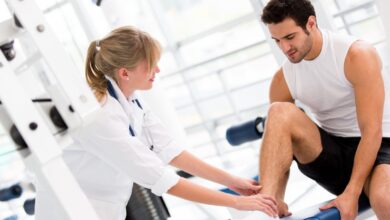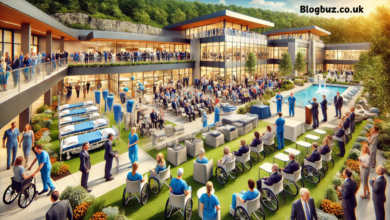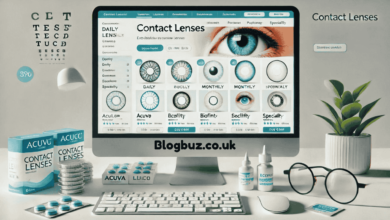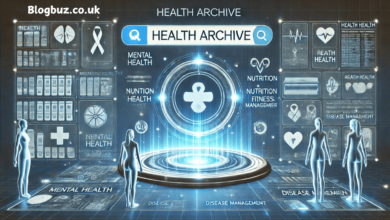When Seconds Count: Why Basic Medical Training Should Be Part of Everyone’s Toolkit

Everyday Life Is Full of Surprises
Life has a way of throwing curveballs when we least expect it. A child falls at the playground, a colleague suddenly collapses during a meeting, or a stranger struggles to breathe on public transport. These moments can feel overwhelming, especially if you don’t know what to do. Yet in many cases, the difference between panic and purposeful action comes down to whether someone nearby has basic medical training.
Why Preparedness Matters
Most of us carry around smartphones loaded with apps to guide us through almost anything. But in a true emergency, you can’t always rely on technology. A video tutorial or step-by-step guide isn’t much help when someone needs immediate care. What really matters in those critical seconds is the confidence to step forward, stay calm, and act.
Preparedness is not about living in fear of worst-case scenarios. It’s about building a toolkit of skills that allow you to respond effectively if and when something happens.
The First Few Minutes Are Critical
Medical professionals often emphasize what they call the “golden minutes”—the window of time before emergency responders arrive. During this period, a quick response can dramatically improve outcomes.
Think about it:
- Performing CPR while waiting for paramedics can keep oxygen flowing to the brain.
- Knowing how to stop bleeding can prevent a serious injury from becoming fatal.
- Recognizing the early signs of stroke or heat exhaustion can get someone the help they need faster.
These aren’t complicated procedures reserved for doctors and nurses. They’re skills that ordinary people can learn and apply in real-life situations.
Training Builds Confidence
What many people don’t realize is that first aid training isn’t just about memorizing techniques. It’s about building confidence—the kind of calm assurance that lets you focus rather than freeze when pressure is high.
Through hands-on practice, you learn not only the “how,” but also the “when.” That combination is powerful. It turns hesitation into action and uncertainty into clarity. You also gain practice working in pairs or groups, which reinforces teamwork. In emergencies, clear communication and shared responsibility matter just as much as the technical skills themselves.
And once you’ve gained those skills, they stay with you, ready to be used whether you’re at home, at work, or traveling. That sense of readiness is often what helps people stay composed even in situations they’ve never faced before.
A Growing Movement Toward Everyday Readiness
Communities across the world are recognizing that first aid is more than a nice-to-have skill—it’s essential. Workplaces are offering training to employees, schools are introducing basic life-saving skills to students, and families are making preparedness part of their routines.
In Canada, for instance, many people are enrolling in First aid courses Edmonton Alberta as a way to build resilience within their communities. These courses aren’t just about compliance or ticking a box—they’re about empowering people to take responsibility for their own safety and the safety of those around them.
Preparedness as Part of Modern Living
We talk a lot about self-improvement—fitness, nutrition, mindfulness, and financial literacy. First aid belongs on that list too. Just as exercise keeps our bodies strong and budgeting keeps our finances stable, first aid skills keep us ready for life’s unexpected challenges.
What’s more, preparedness aligns with current lifestyle trends. People are seeking balance, control, and peace of mind in a fast-paced world. First aid training supports that by reducing uncertainty and giving you confidence to enjoy activities without unnecessary worry. Whether you’re hiking, hosting friends at home, or managing stress at work, knowing you have the skills to handle emergencies helps you feel grounded.
And unlike some skills that may fade if not used often, the basics of first aid can be refreshed with occasional practice. It’s a lifelong investment in yourself and your community.
Final Thoughts
When emergencies happen, they rarely come with warning. But what we do know is that every second counts, and being prepared can make all the difference. Basic medical training gives ordinary people the extraordinary ability to act when it matters most.
It’s not about becoming a hero—it’s about being ready. Preparedness is one of the simplest, most meaningful ways to care for your family, your friends, and even strangers you might encounter. And as more communities embrace training, they create safer environments where people feel empowered rather than helpless.
Because in the end, when the unexpected strikes, the best toolkit you can have isn’t in your pocket—it’s in your head and your hands.




